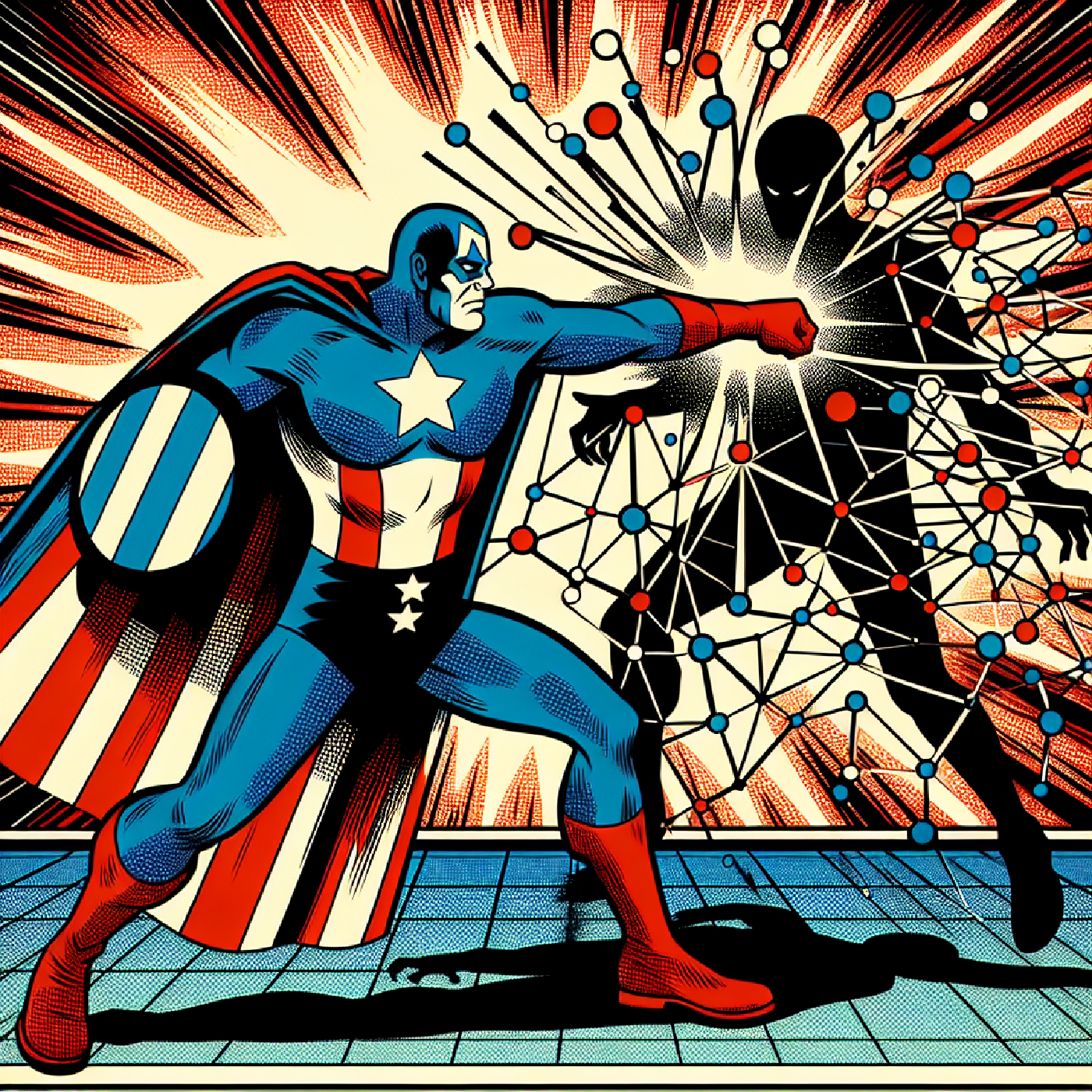Substack Needs to Decide If It’s Special or Not

Much has been written about Substack’s Nazi problem and it’s subsequent messaging that it’s OK with Nazis to the point that it will not remove any of them unless they are inciting specific violence.
Our content guidelines do have narrowly defined proscriptions, including a clause that prohibits incitements to violence. We will continue to actively enforce those rules while offering tools that let readers curate their own experiences and opt in to their preferred communities. Beyond that, we will stick to our decentralized approach to content moderation, which gives power to readers and writers.
It’s a familiar stance from a tech founder, but it still amounts to saying “I’m OK with that person doing crazy terrible things in my front lawn, but please don’t think I’m endorsing it…I’m just allowing it to happen on my property and helping them raise funds.”
Casey Newton at Platformer discussed this recently, and added:
[Substack co-founder Hamish] McKenzie’s perspective – that sunlight is the best disinfectant, and that censorship backfires by making dangerous ideas seem more appealing – is reasonable for many or even most circumstances. It is a point of view that informs policies at many younger, smaller tech platforms, owing both to the techno-libertarian streak that runs through many founders in Silicon Valley and the fact that a hands-off approach to content moderation is easier and less expensive than the alternatives.
I haven’t met McKenzie, but if I did, as someone in the industry with, I think, a similar product-focused mind, I would put it to him like this:
If you contend that kicking Nazis off your platform means that they will just produce the content somewhere else as successfully, are you saying that Nazis, or any random loathsome group, could build a platform as large as important as Substack? If so, is your product really not all that special? If you disagree, and I think you might, and believe that Substack is special in terms of reach and importance, then that is why you should remove voices that have near universal disapproval. Substack, as an important platform, can deplatform these people and while they will surely go somewhere else, it won’t have the reach of monetization of Substack. How is that a bad thing? How is that making anything worse? This isn’t a hot topic and this isn’t a hard decision and Substack isn’t the government. I’m guessing that you wouldn’t allow a Nazi to hang out in the Substack lobby and sell t-shirts, but I struggle to see how the current situation on the Substack platform is different.
Related Posts

Running Quackjack For Everyone
A while back we started to open source YouTube video comment analyzer named Quackerjack, and lately we not only updated the project with a new design, we also set up an instance that anyone can use for free. If you need to understand how your audience on a YouTube video is responding and what they are talking about, you can do that quickly with Quackerjack.
Read more
Taking Ebooks to the Next Level with Booklore
Way better than that folder in your Documents entitled ebooks!
Read more